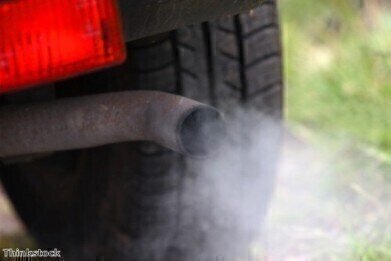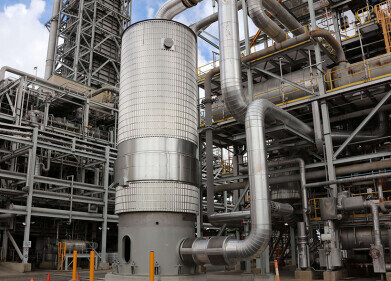-
 Road traffic is responsible for a lot of the air pollution in East Asia
Road traffic is responsible for a lot of the air pollution in East Asia
Air Clean Up
Traffic and cooking 'cause most of China's air pollution'
Aug 23 2013
The main causes of China's notoriously high levels of air pollution are traffic and home cooking, according to new research. The American Chemical Society's latest study suggests that the main causes of the frequent atmospheric clouds of soot over the country are mostly produced through the pollution created by road traffic and fossil fuel combustion from home cooking.
Around 80 per cent of the soot hanging in the atmosphere above China is caused by incomplete combustion of fossil fuels, such as coal briquettes used for home cooking, and traffic pollution. This soot, or black carbon, causes heavy levels of smog and can spread to other areas of East Asia. The study, published in the journal 'Environmental Science and Technology', assesses the causes of the brown clouds that have become synonymous with Asia.
Although the study cannot conclusively prove that these two areas are in fact the main causes of air pollution throughout the continent, the evidence is quite strong. The researchers used a carbon-14 identification method to trace the emissions of black carbon collected in Shanghai, Beijing, southeast China and Jeju Island in Korea. This powerful method allowed them to track four-fifths of China's emissions, and therefore identify their origin.
Black soot particles are particularly harmful to human health as they are particularly small, meaning that when they are inhaled they can travel deep into the lungs. These particles have been linked to a number of health problems, including heart disease, lung and other forms of cancer. Some 500,000 premature deaths in China have previously been associated with this form of air pollution each year.
Not only are atmospheric black carbon particles harmful to human health, they are also a leading cause of climate change. These particles absorb sunlight, which contribute to global warming. Although black soot particles have a shorter lifespan than carbon dioxide when in the atmosphere, many scientists believe they are the second most damaging form of air pollution when it comes to global warming.
Events
May 13 2024 Munich, Germany
May 23 2024 Beijing, China
May 23 2024 Beijing, China
Jun 10 2024 Algiers, Algeria
Jun 10 2024 Frankfurt, Germany













